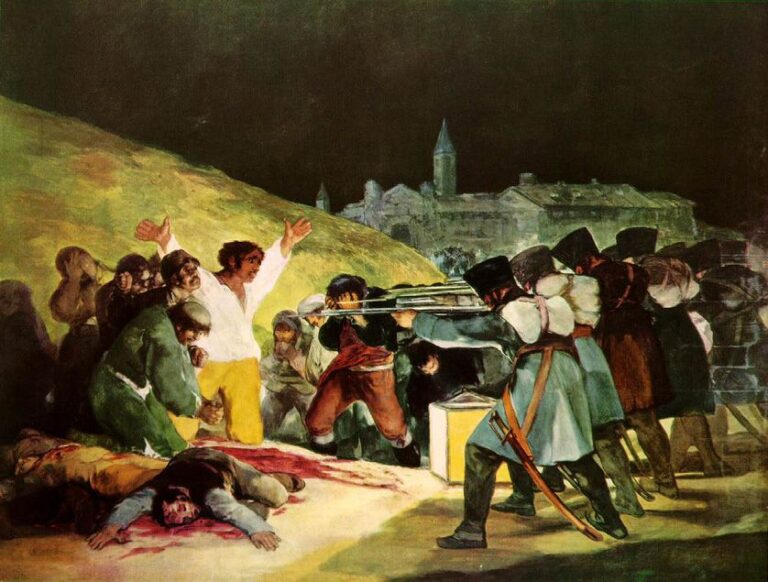There is something uncannily adaptive about anti-Semitism: the way it can hide, unsuspected, in the most progressive minds. James Lasdun
Anti-Semitism and Government as Cutters in the Tall Poppy Syndrome
Summary: The Dreyfus Affair was a political scandal in France during the late 19th and early 20th centuries. It centered around the wrongful conviction of Alfred Dreyfus, a French army officer of Jewish descent, for treason. France was regarded as the epitome of enlightenment – republican values, sophisticated, tolerant, and egalitarian.
Arrest and Conviction (1894): Captain Dreyfus was the sole Jewish officer serving on the French General staff in the French Army. Officials discovered that someone provided French military secrets to the German military attaché in Paris. Dreyfus was accused of selling those secrets.
A secret military court-martial tried and convicted (cut down) Dreyfus on forged evidence from a known anti-Semite and anti-Semitic sentiment prevalent at the time in France (and Europe). He was stripped of his rank and military decorations and sentenced to solitary confinement on Devil’s Island for the rest of his life.
A few fearless French soldiers acknowledged the truth and injustice and called for his exoneration and release. Public outcry soon followed.
Emile Zola’s J’Accuse (1898): “J’Accuse” was an open letter by Zola addressed to the president of the French Republic in defense of Dreyfus in the newspaper L’Aurore on Jan. 13, 1898. The letter blamed the army for covering up the conviction of Dreyfus. With new scrutiny on the affair, Dreyfus was granted a new trial. Zola, however, was charged with libel. After a trial on Feb. 7, 1898, Zola was found guilty and sentenced to one year’s imprisonment and a fine of 3,000 francs.
Retrial and Acquittal (1899): A second court-martial was convened but Dreyfus was again convicted with the same false evidence and received a reduced sentence. At the same time, another tribunal intentionally acquitted the real traitor. After a change in government and continued public protests, Dreyfus was officially pardoned in 1906.
Recalled to Life (1906): Dreyfus was reinstated into the French Army with the rank of Major. This reinstatement symbolized his full exoneration and marked the end of his long battle for justice. When World War I broke out in 1914, Dreyfus volunteered to serve in the French Army. Despite the injustices he faced earlier in his military career, he felt a strong sense of duty and patriotism. He was eventually promoted to the rank of Lieutenant Colonel.
Dreyfus retired from the military in 1919, after the end of World War I. He continued to face some level of public scrutiny and anti-Semitism, but he also received recognition for his role in the affair and his perseverance in seeking justice.
The Dreyfus Affair is considered a significant event in French history, highlighting issues of injustice, prejudice, and the importance of due process. It had lasting effects on French society and fueled debates about nationalism, anti-Semitism, and the separation of church and state.
A century has passed but not these same issues in France, America, and the World –all cutters in TPS.

